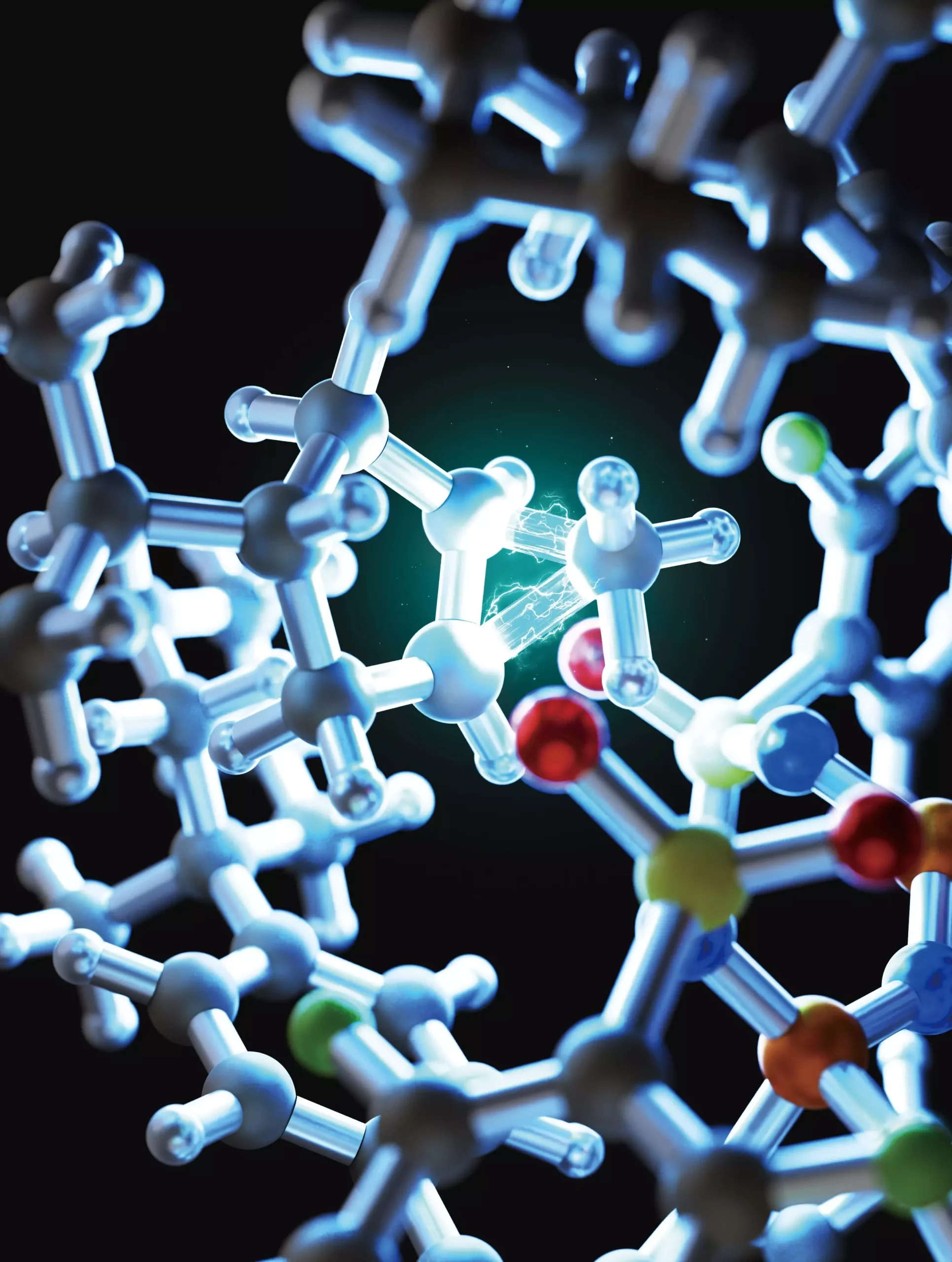In the realm of organic chemistry, alkanes represent a fundamental class of hydrocarbons that play a significant role in various industrial applications. Composed solely of carbon and hydrogen atoms, these saturated compounds are the primary constituents of fossil fuels and serve as essential building blocks in the synthesis of multiple chemicals and materials, including plastics, solvents, and lubricants. However, the robust nature of their carbon-carbon bonds poses a considerable challenge for chemists aiming to transform these stable, inert compounds into more valuable products. Recent advancements at Hokkaido University in Japan offer a promising solution to this longstanding issue, dramatically enhancing the efficiency of alkane conversion.
The Challenge of Alkane Reactivity
The inherent stability of alkanes results from their strong carbon-carbon bonds, making them relatively unreactive under standard conditions. While processes such as cracking can break down long-chain alkanes into smaller, more useful molecules, these traditional methods frequently yield a complex mixture of products, complicating the isolation of desired compounds. To tackle this issue, researchers have turned to a unique category of alkanes called cyclopropanes, which possess a ring structure that infuses them with greater reactivity compared to their linear counterparts. However, even cyclopropanes present their own challenges related to controlling chemical selectivity during the breakdown process.
The groundbreaking research led by Professor Benjamin List and Associate Professor Nobuya Tsuji at Hokkaido University revolves around a novel approach utilizing a specific class of chiral Brønsted acids known as imidodiphosphorimidates (IDPi). These strong acids possess the ability to donate protons, enabling the activation of cyclopropanes for selective fragmentation in a confined microenvironment. This strategic use of IDPi allows chemists to precisely control the reaction mechanisms, significantly improving both efficiency and selectivity in the production of valuable products.
The key to this innovative method lies in the stabilization of unique transient structures formed during the reaction process. By creating a controlled environment, researchers have successfully guided cyclopropanes toward the formation of alkenes, while preserving the precise arrangement of atoms in the resulting molecular structures. This remarkable stereoselectivity is particularly vital in industries such as pharmaceuticals, where even slight variations in molecular structure can drastically affect the functionality of a drug.
The research team’s success can largely be attributed to their systematic refinement of the catalyst’s structure, allowing them to achieve enhanced yields of the desired products. By applying advanced computational simulations, they visualized the interactions between the acid and cyclopropane, enabling them to strategically steer the reaction toward optimal outcomes. Associate Professor Tsuji highlighted that the modifications made throughout their experiments led to improved product specificity and ultimately increased amounts of valuable compounds generated.
The methodology is not limited to the conversion of select cyclopropanes; the researchers demonstrated its versatility across a variety of complex molecules, further solidifying its potential in the chemical industry. This adaptability paves the way for creating valuable chemicals from widely available hydrocarbon resources, opening new avenues for innovative applications.
The Future of Chemical Synthesis
As the chemical industry faces continuous demands for more efficient methods of producing targeted compounds, the implications of this research are profound. The newfound ability to precisely manipulate atom arrangements within chemical reactions has significant ramifications not only for pharmaceuticals but also for a wide range of advanced materials. The potential for more sustainable and efficient chemical processes promises to reshape industries by offering better access to high-value products derived from abundant hydrocarbon sources.
Ultimately, the work advanced by Hokkaido University underscores the vital importance of innovation in scientific research. By addressing a longstanding challenge in organic chemistry, researchers are not only refining the tools available to chemists but also expanding the horizons of what is possible in the synthesis of valuable compounds. This breakthrough exemplifies the intersection of creativity and scientific inquiry, revealing a future where the chemistry of alkanes could be fundamentally transformed.


Leave a Reply